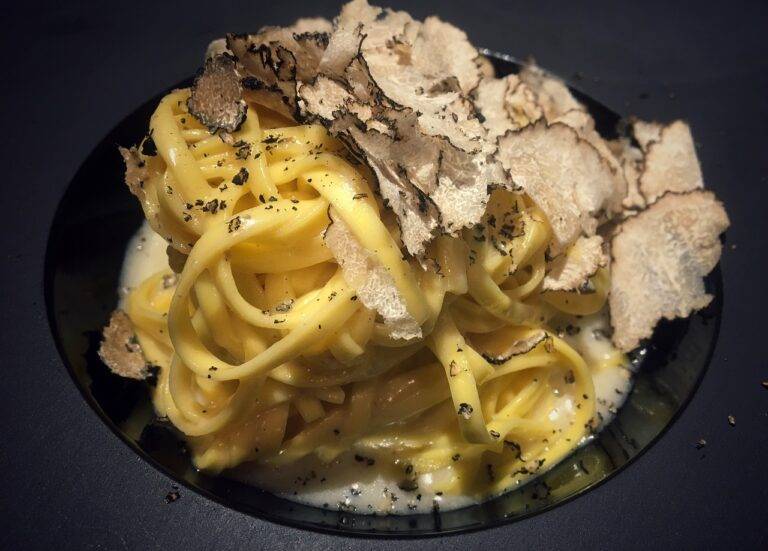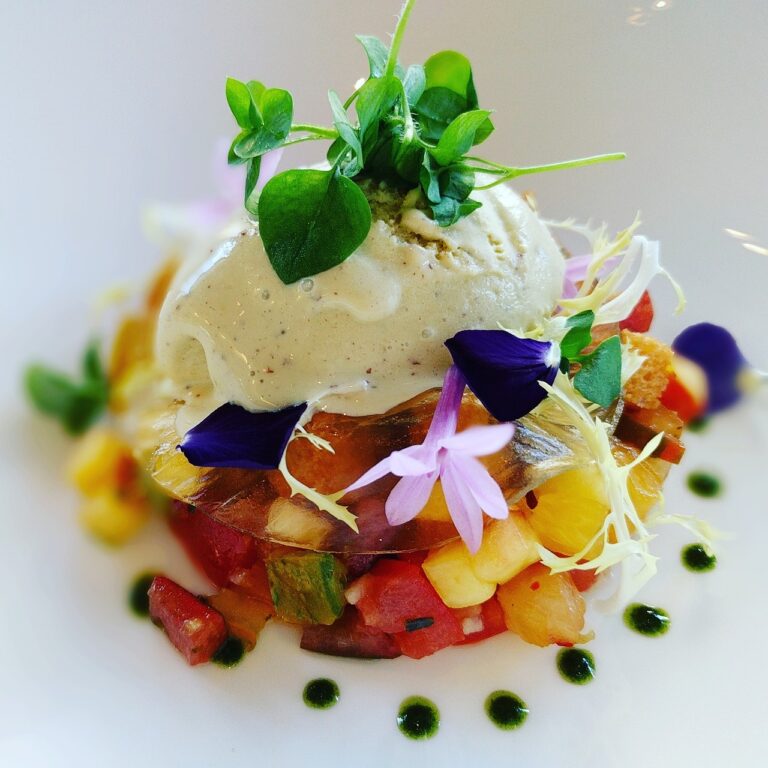The Psychology of Comfort Food: Why We Crave Certain Dishes in Times of Stress.
Comfort food holds a unique power over our emotions, acting as a comforting embrace during challenging times. It is often associated with feelings of warmth, nostalgia, and security, providing a sense of familiarity and reassurance. When we indulge in these familiar dishes, we are transported back to moments of happiness and joy, creating a powerful emotional connection that can soothe our souls.
In times of stress or uncertainty, we often turn to our favorite comfort foods as a form of self-care and emotional support. These culinary creations have the ability to evoke memories of simpler times, invoking a sense of well-being and contentment that can help alleviate anxiety and stress. The emotional connection to comfort food goes beyond just taste; it taps into our deepest emotions, offering a sense of solace and comfort that is unparalleled.
The Role of Childhood Memories in Cravings
When it comes to cravings for comfort foods, our childhood memories play a significant role in shaping our preferences. The foods we enjoyed as children often become deeply intertwined with feelings of safety, happiness, and coziness. These nostalgic connections can lead us to seek out those specific foods when we are in need of emotional support or seeking comfort.
Research has shown that our early experiences with food can form strong neural pathways in our brain, associating certain flavors and textures with positive emotions. This association can persist into adulthood, driving our cravings for familiar comfort foods that remind us of the warmth and security of our childhood. By understanding the influence of these memories on our cravings, we can gain insight into our emotional relationship with food and make more mindful choices.
The Influence of Culture on Comfort Food Choices
Culture plays a significant role in shaping our comfort food choices. It is deeply intertwined with our identities, traditions, and experiences, influencing the flavors and ingredients we find comforting. From spicy curry dishes in South Asia to hearty stews in Eastern Europe, cultural backgrounds impact the types of foods we seek when in need of solace or joy.
Moreover, cultural norms and societal values further dictate which foods are deemed suitable for comfort. In some cultures, certain dishes are reserved for celebrations and communal gatherings, while others may be reserved for times of sadness or distress. This intricate web of cultural influences not only guides our cravings for comfort foods but also provides a sense of connection to our heritage and upbringing.
How does culture influence our comfort food choices?
Culture plays a significant role in determining what foods we consider comforting, as certain dishes and flavors are tied to our upbringing and heritage.
Why do we have an emotional connection to comfort foods?
Comfort foods are often associated with positive memories and emotions, which can provide a sense of nostalgia and comfort when consumed.
How do childhood memories impact our cravings for certain comfort foods?
Childhood memories have a powerful influence on our cravings, as the foods we enjoyed during our formative years can become ingrained as comfort foods that we turn to in times of stress or sadness.
Can cultural differences affect what foods we consider comforting?
Yes, cultural differences can greatly impact what foods individuals find comforting, as preferences for specific ingredients, flavors, and dishes are shaped by the cultural norms and traditions of a particular society.







